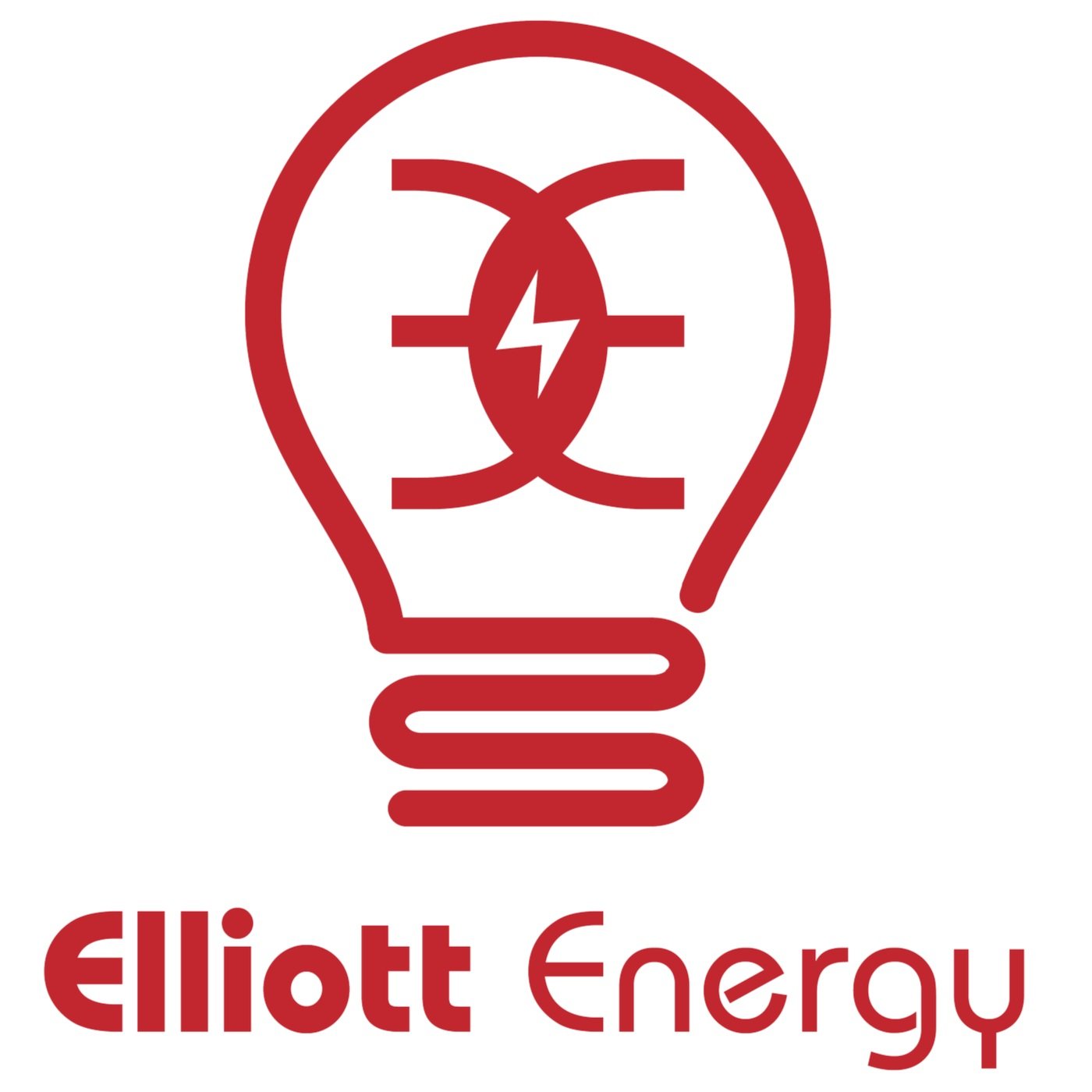Unveiling the Power of Energy Audits
In the ever-evolving landscape of energy consumption, businesses and individuals alike are increasingly turning to energy audits as a powerful tool to understand, optimize, and ultimately reduce their energy usage. An energy audit is a systematic examination of a facility, building, or process to assess energy consumption, identify inefficiencies, and recommend measures to enhance energy efficiency. This article explores the significance of energy audits, their process, benefits, and the pivotal role they play in fostering a more sustainable and cost-effective approach to energy management.
At its core, an energy audit is a comprehensive evaluation that seeks to uncover opportunities for energy efficiency improvements. It involves a thorough examination of energy-consuming systems, equipment, and processes within a facility. Energy auditors, often certified professionals, analyze energy usage patterns, assess the efficiency of existing systems, and provide actionable recommendations to optimize energy performance.
The Energy Audit Process
1. Data Collection and Analysis:
Gather historical energy consumption data, utility bills, and facility information.
Analyze patterns and trends in energy usage to identify potential areas for improvement.
2. On-Site Inspection:
Conduct a physical inspection of the facility to assess the condition and performance of energy-consuming systems.
Identify inefficiencies, equipment malfunctions, or areas of excessive energy consumption.
3. Instrumentation and Monitoring:
Utilize advanced tools and instruments to measure and monitor energy usage in real-time.
Assess the efficiency of HVAC systems, lighting, machinery, and other energy-intensive components.
4. Interviews and Surveys:
Engage with facility staff to gather insights into operational practices and identify potential behavioral changes that could contribute to energy savings.
Administer surveys to understand occupant comfort levels and gather feedback on energy-related issues.
5. Energy Modeling and Simulation:
Employ energy modeling software to simulate the impact of potential efficiency measures.
Evaluate the cost-effectiveness and feasibility of different energy-saving strategies.
6. Recommendations and Reporting:
Compile findings into a comprehensive report that includes prioritized recommendations for energy efficiency improvements.
Provide estimates of potential energy and cost savings associated with each recommendation.
Benefits of Energy Audits
1. Cost Savings:
One of the primary benefits of energy audits is the potential for significant cost savings. By identifying and addressing energy inefficiencies, businesses can reduce their energy bills and operational expenses.
2. Improved Energy Efficiency:
Energy audits pinpoint areas where energy is being wasted or used inefficiently. Implementing the recommended measures enhances overall energy efficiency, ensuring that each unit of energy is utilized effectively.
3. Environmental Impact:
Enhanced energy efficiency directly translates to a reduced environmental footprint. By consuming less energy, businesses contribute to lower greenhouse gas emissions, mitigating their impact on climate change.
4. Regulatory Compliance:
Energy audits help businesses ensure compliance with energy efficiency regulations and standards. Compliance not only avoids penalties but also demonstrates a commitment to sustainable practices.
5. Enhanced Equipment Lifespan:
Identifying and rectifying issues in energy-consuming equipment prolongs their lifespan. Regular maintenance and optimization lead to fewer breakdowns, reducing the need for premature replacements.
6. Increased Asset Value:
For property owners, energy-efficient buildings have higher market value. A well-documented energy audit report can be a valuable asset when selling or leasing a property.
7. Occupant Comfort and Productivity:
Improvements suggested by energy audits often contribute to enhanced occupant comfort. Optimal lighting, temperature control, and efficient HVAC systems create a conducive environment for productivity.
8. Risk Mitigation:
Energy audits help identify potential risks associated with energy consumption, such as equipment failures or inefficiencies. Addressing these issues proactively mitigates the risk of unexpected operational disruptions.
In the quest for sustainability and operational efficiency, energy audits emerge as a cornerstone of responsible energy management. They empower businesses and individuals to not only understand their energy consumption patterns but also to take proactive steps toward optimization. The benefits extend beyond cost savings, encompassing environmental stewardship, regulatory compliance, and the creation of comfortable and productive spaces.
As organizations and industries navigate the complexities of a rapidly changing energy landscape, the insights derived from energy audits become invaluable. They provide a roadmap for making informed decisions, implementing targeted improvements, and ultimately contributing to a more sustainable and resilient future. Embracing the power of energy audits is not just a strategic business move; it's a commitment to a world where energy is used wisely, efficiently, and with a mindful eye toward the well-being of our planet.
